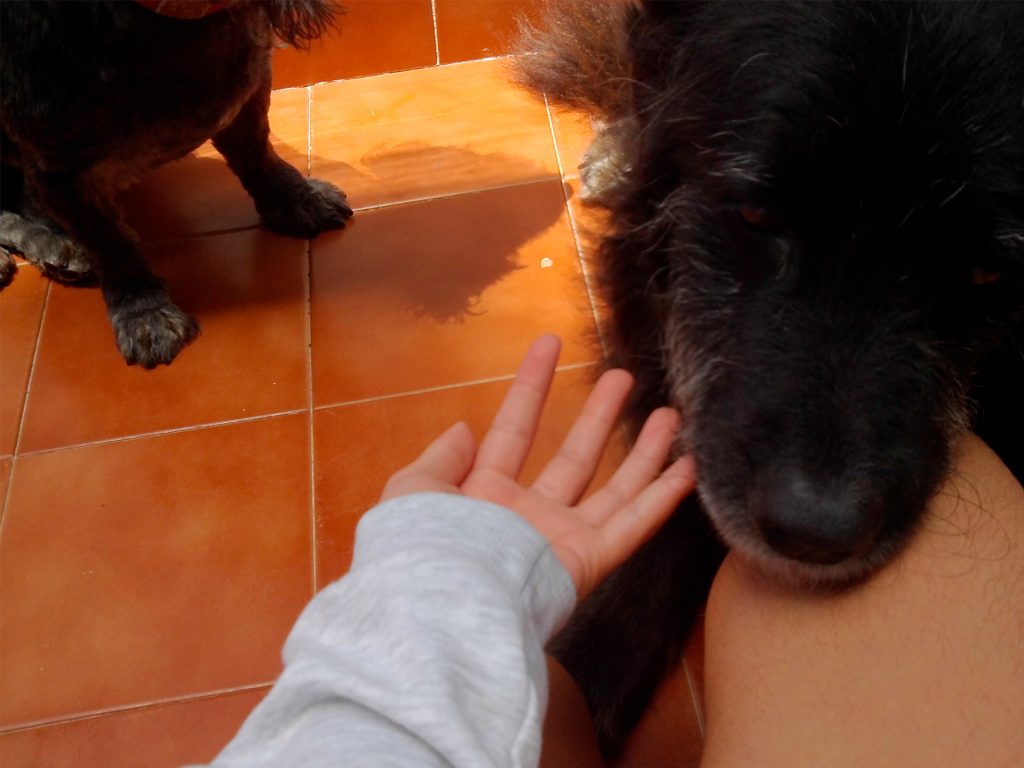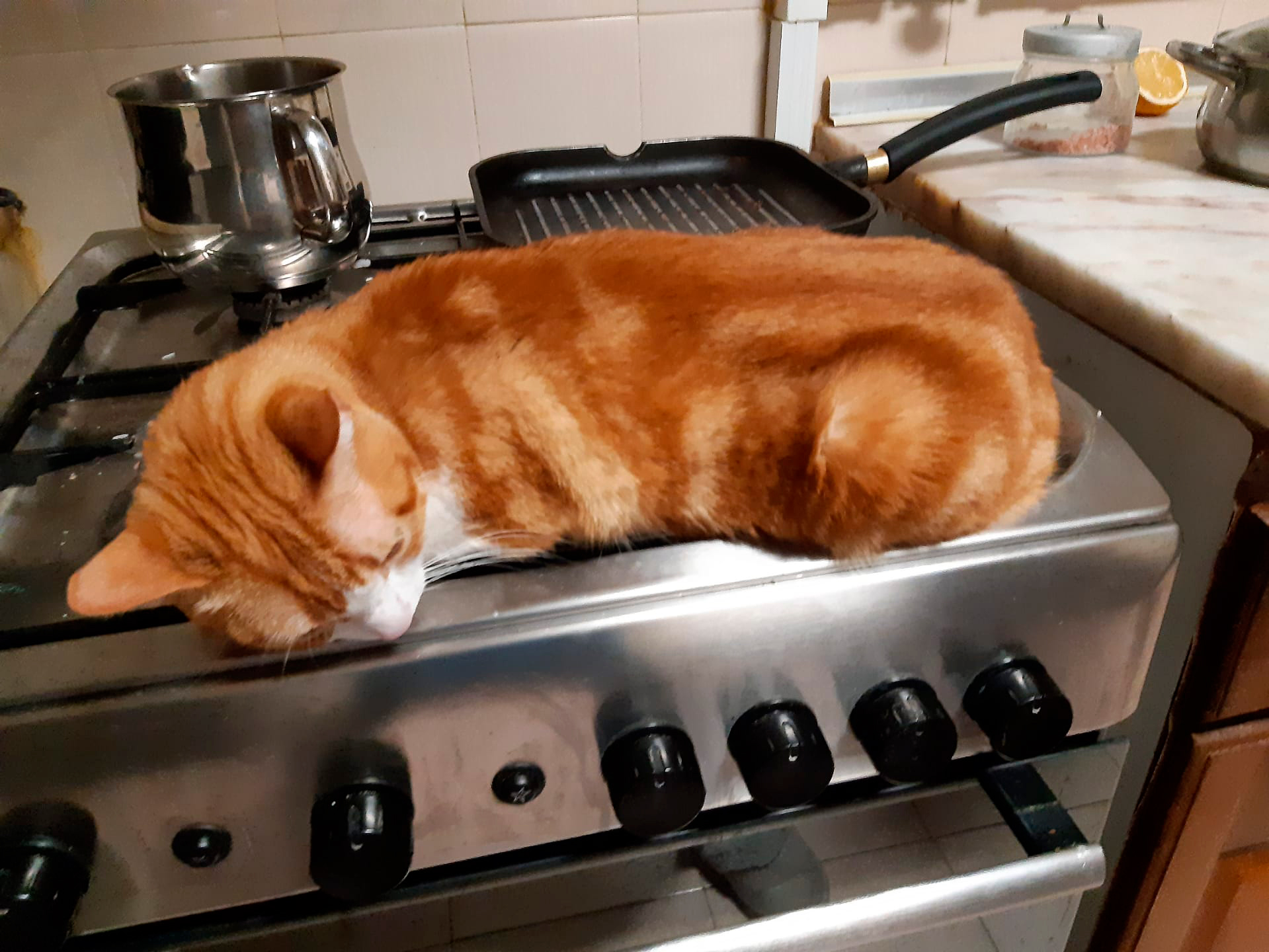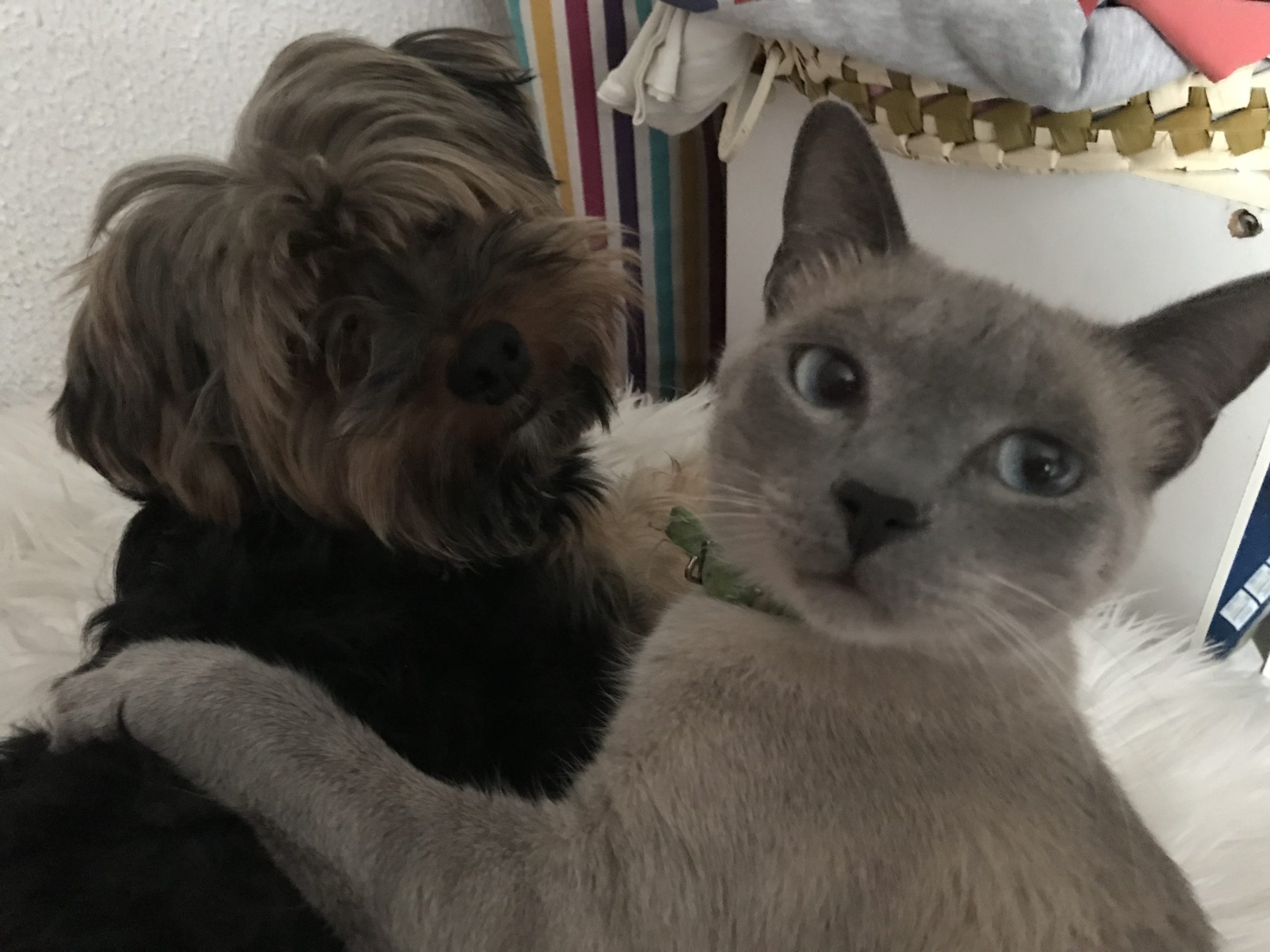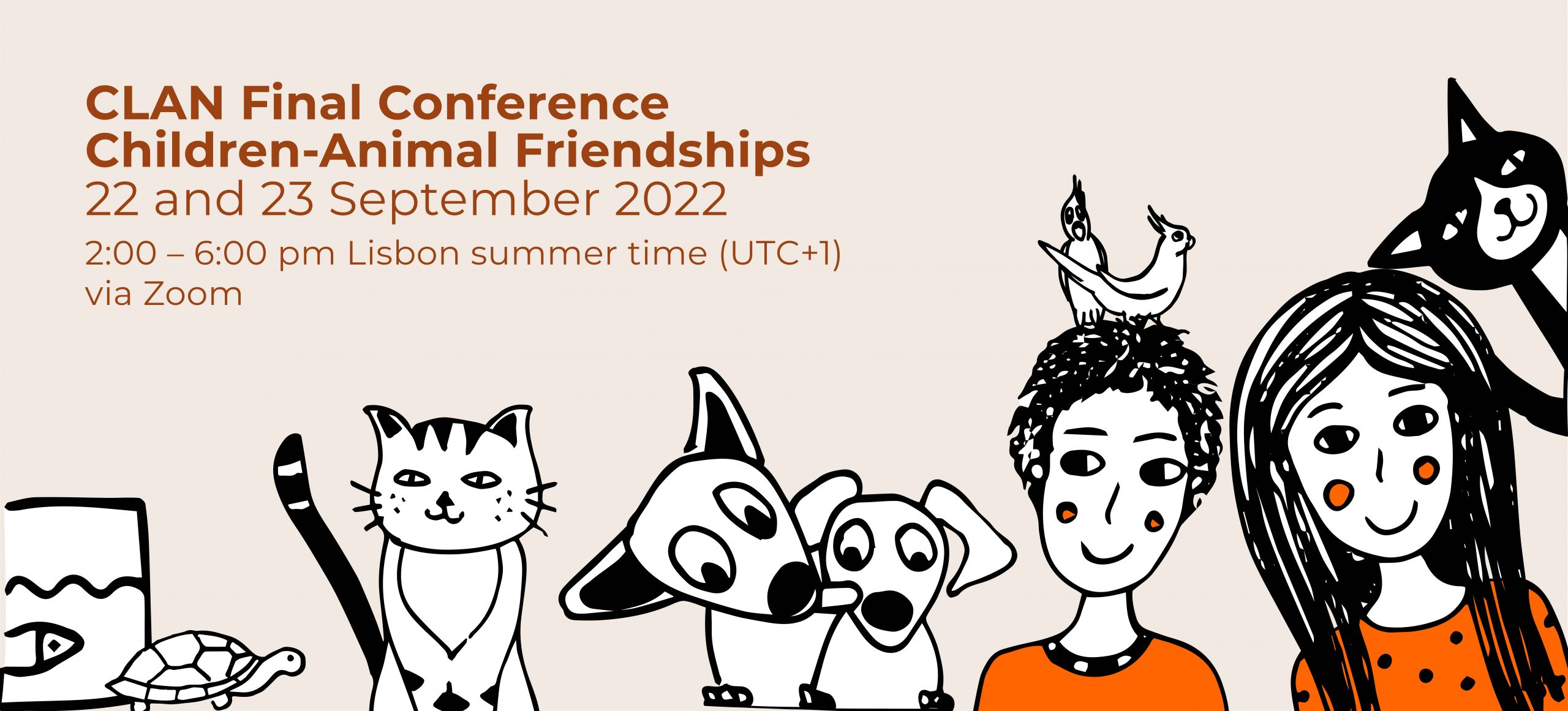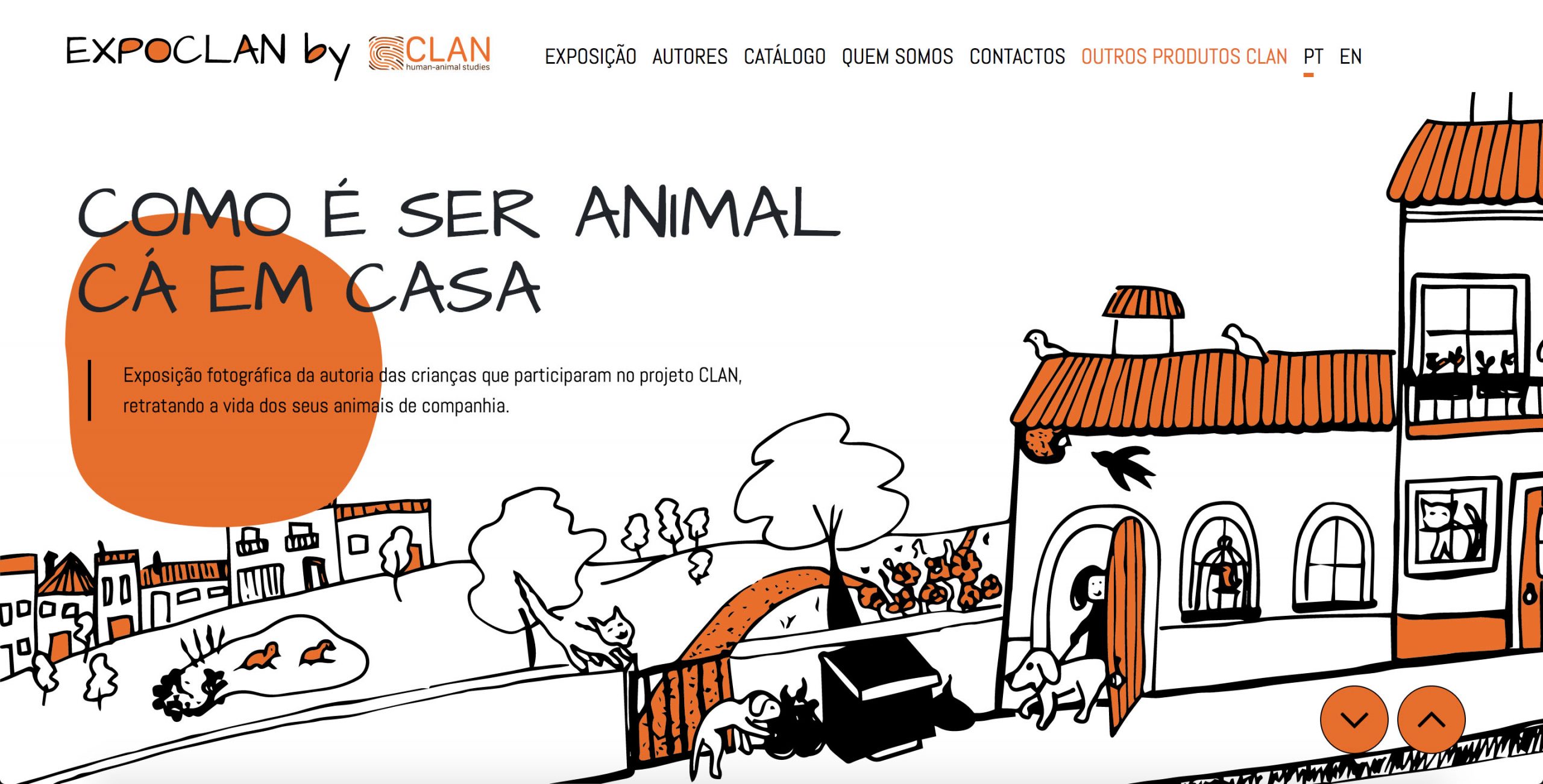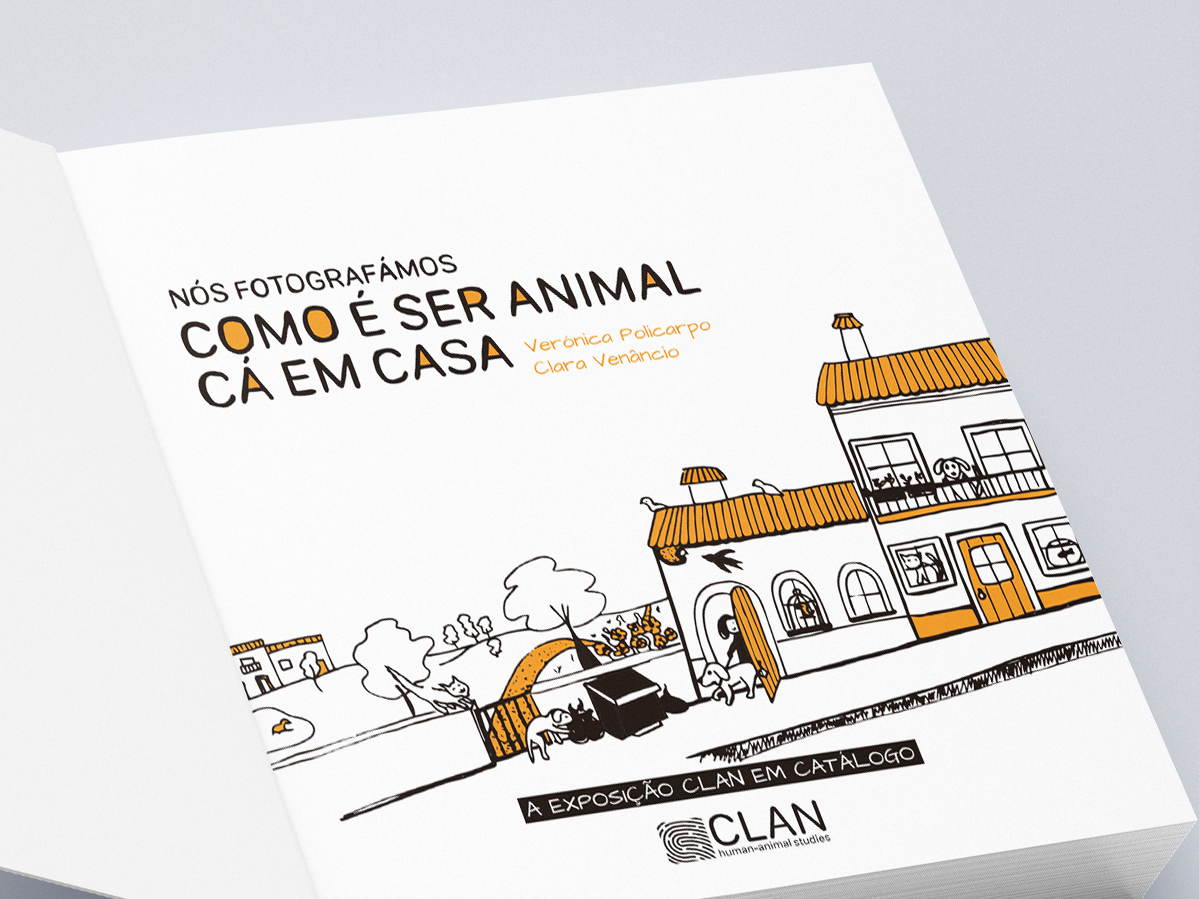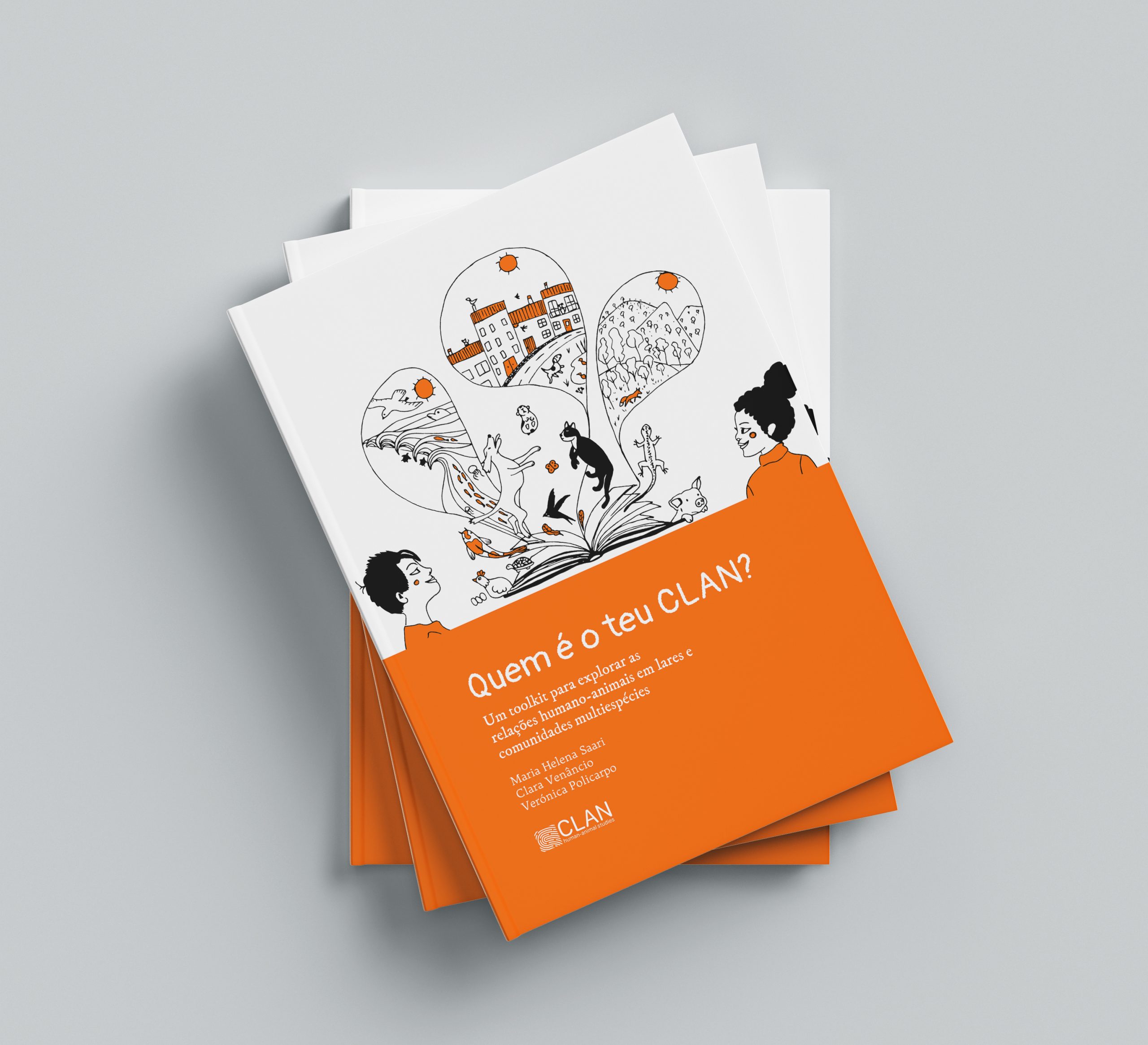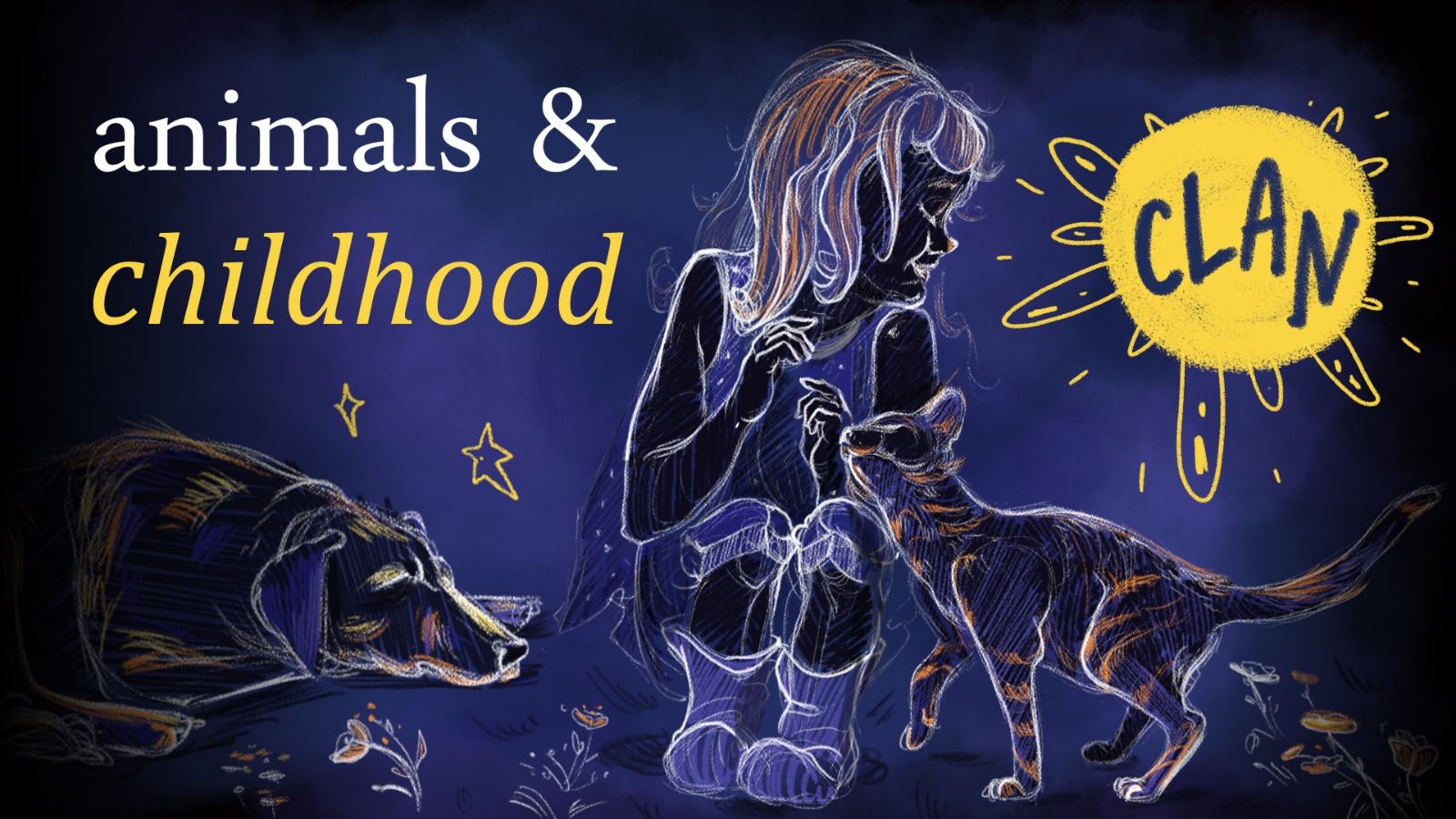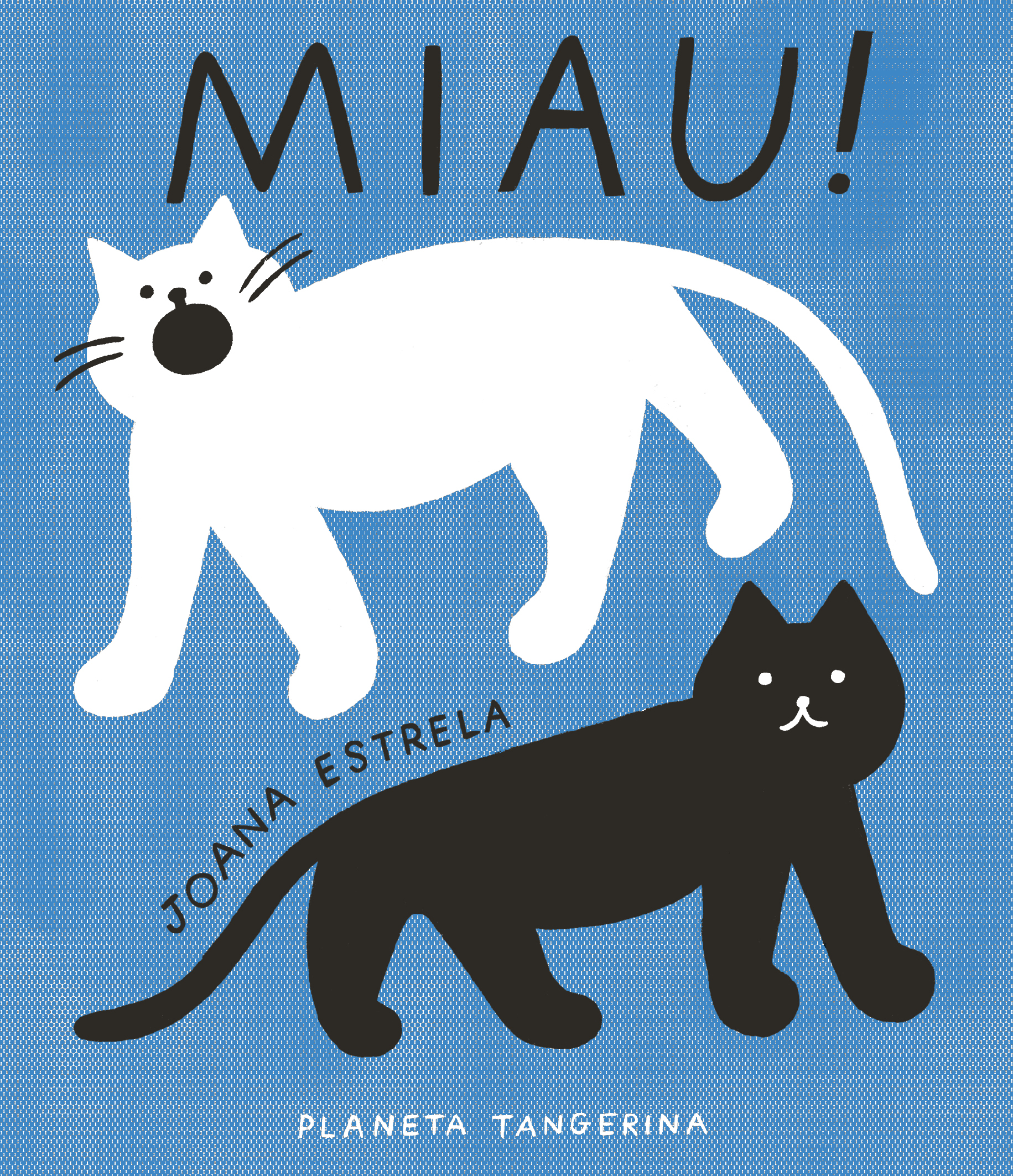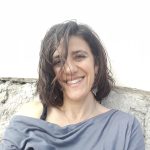
Verónica Policarpo
PI (Principal Investigator)
With a PhD in Sociology, I am a social researcher in the field of Human-Animal Studies, at the Institute of Social Sciences of the University of Lisbon, where I coordinate the Human-Animal Studies Hub, since 2018. In 2022 I was awarded an ERC Consolidator Grant to study how animals recover from disasters, in particular wildfires. The ERC project ABIDE: Animal Abidings: recovering from Disasters in more-than-human communities,will run between 1 May 2023 and 30 April 2028.
Before that, I coordinated projects"Liminal Becomings: reframing human-animal relations in natural disasters". [CEECIND/02719/2017]",on animals in disasters; and"CLAN: Children-Animals' Friendships: challenging boundaries between humans and non-humans in contemporary societies (PTDC/SOC 28415/2017)", on children and companion animals. In all my projects, I am interested in the construction of a more-than-human approach in which all living beings are considered as full partners, with equivalent rights.
At ICS-ULisboa I also coordinate since 2020 the post-graduate course"Animais e Sociedade" ; the International Summer-School in Human Animal Studies (co-coordination with Malärden University, Sweden), since 2019; the Reading Group Animal Wonder, since 2018; and the webinar"The Post-Human-Animal".
At ICS, I also participate in the SHIFT Research Group (Environment, Territory and Society) and the LIFE Research Group (Life Course, Inequality and Solidarity: Practices and Policies).
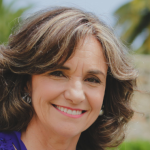
Ana Nunes de Almeida
CO-PI (CO-PRINCIPAL INVESTIGATOR)
Sociologist and a researcher at the ICS-ULisboa. Her favourite sicentific themes are: children and childhood, family and schooling, children and animals, new ethical dilemmas in the research with children. She is currently the chair of the Scientific Council at ICS-ULisboa and a member of the Directive Commitee of the RN04 Children and Childhood, European Sociological Asssociation).

Mónica Truniger
RESEARCHER ICS-ULisboa
Socióloga no ICS-ULisboa. Tem-se dedicado à investigação, ensino e comunicação das práticas sociais alimentares através de pesquisas sobre pobreza alimentar, consumo alimentar sustentável e hábitos alimentares de famílias com crianças. Tem vários títulos publicados alusivos a estas temáticas em editoras portuguesas e internacionais.

